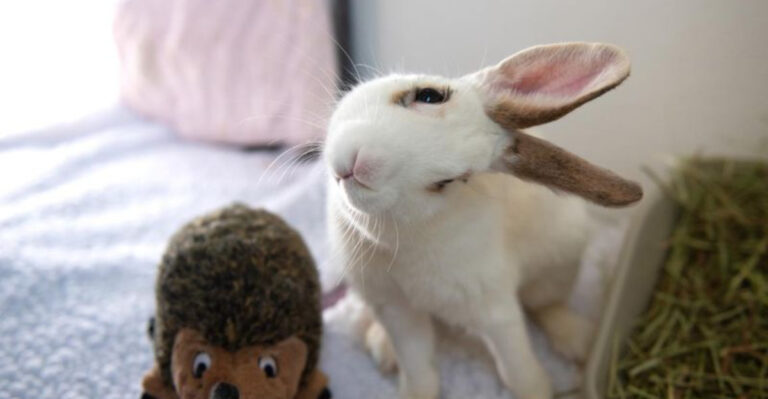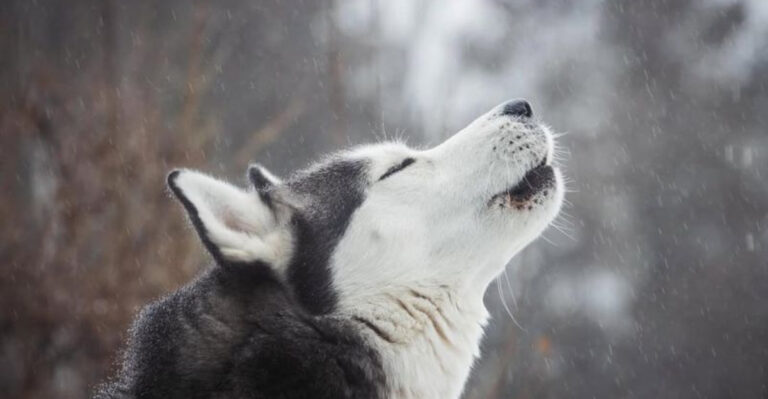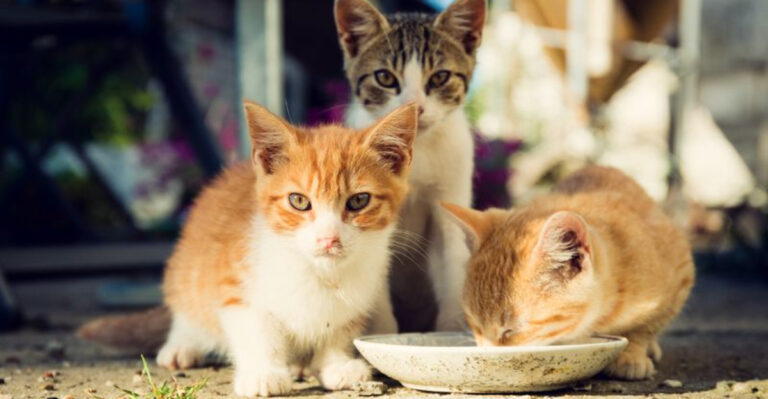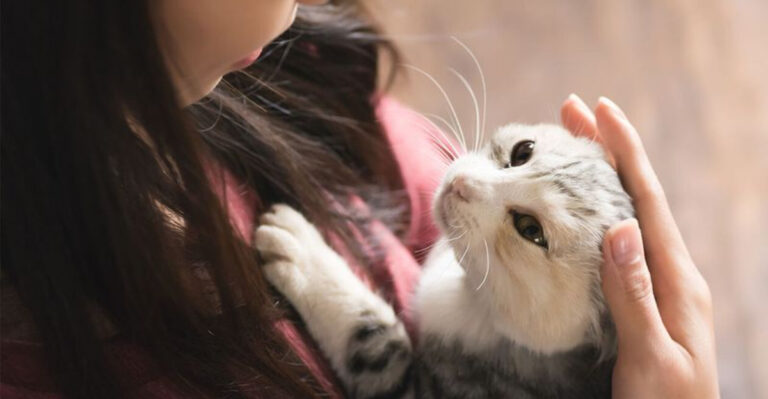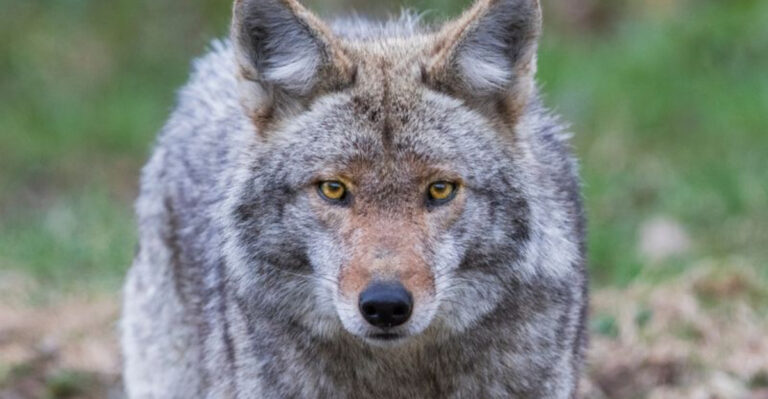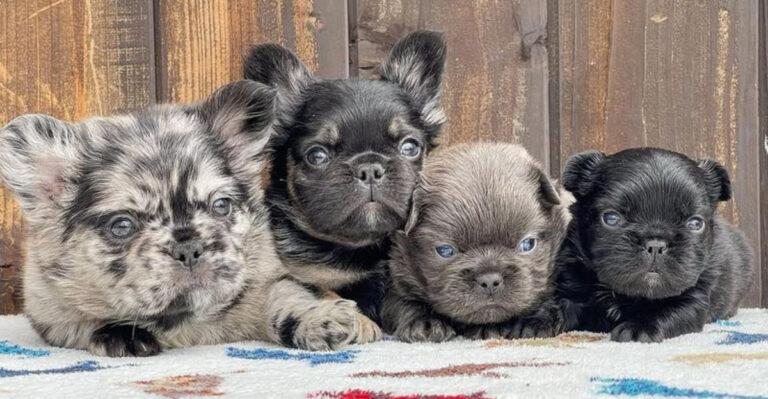14 Things No One Tells You Before Owning A Miniature Horse
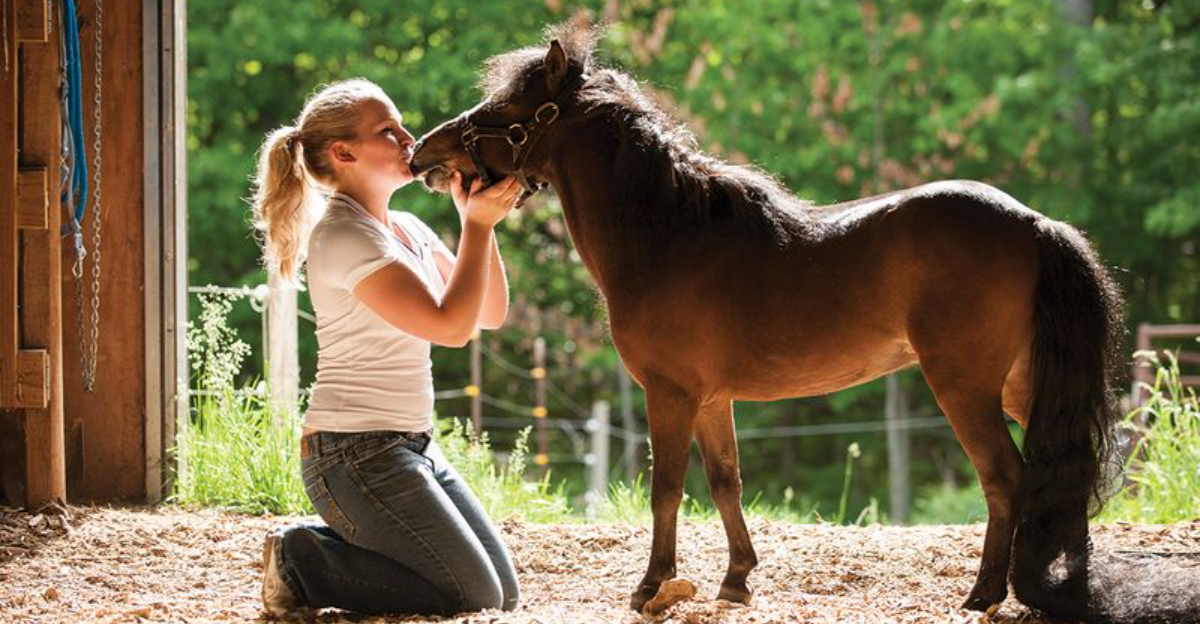
Ever dreamed of having a horse but worried about space? Miniature horses pack all the charm of their larger cousins into a pint-sized package that fits in smaller spaces.
While these adorable equines might seem like the perfect solution, there’s a lot more to miniature horse ownership than meets the eye. Before you bring one home, here are fourteen surprising truths every potential mini horse owner should know.
1. They’re Not Just Tiny Horses
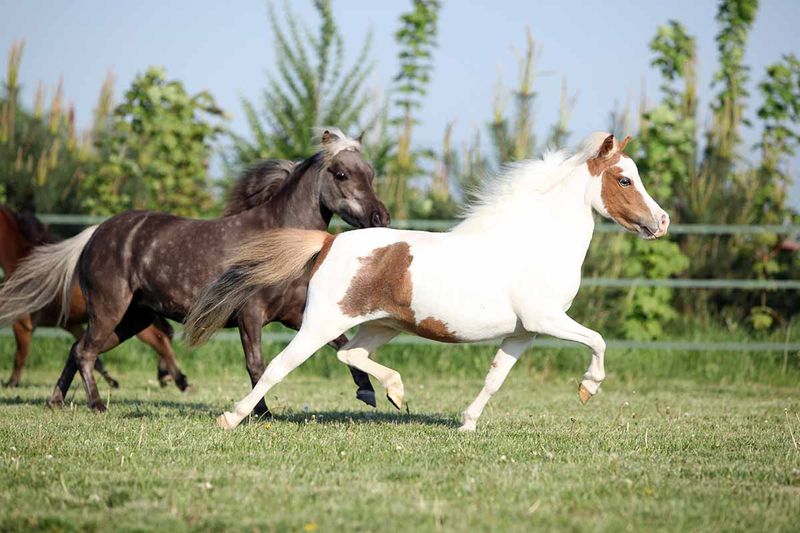
Surprise! Miniature horses aren’t simply shrunken versions of regular horses. They’re actually a distinct breed with different care requirements and personalities.
These pint-sized equines have been selectively bred for centuries specifically for their small stature. Despite their size, they maintain proportional bodies unlike ponies who typically have stockier builds.
2. Prepare For Big Vet Bills
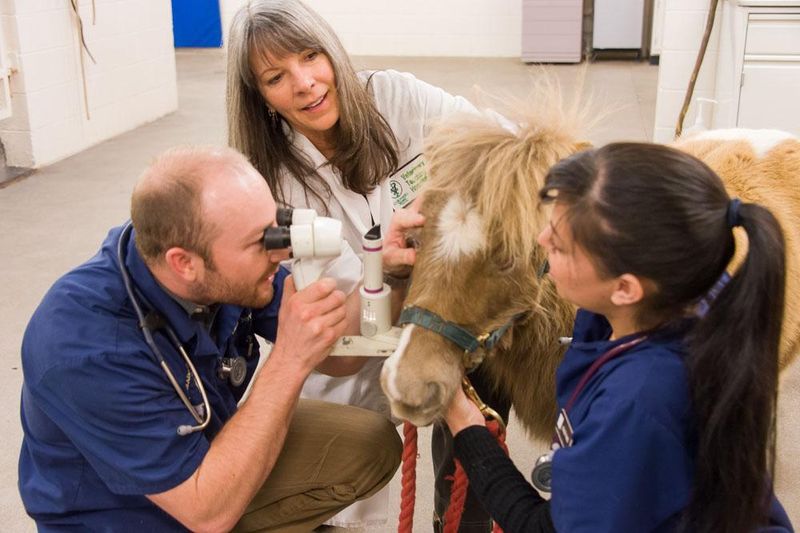
Don’t let their small size fool you into thinking vet care will be cheaper. Minis need the same medical attention as full-sized horses, including dental work, vaccinations, and hoof care.
Many vets charge the same rates regardless of horse size. Plus, minis are prone to unique health issues like hyperlipemia and dental overcrowding that require specialized care.
3. Escape Artists Extraordinaire
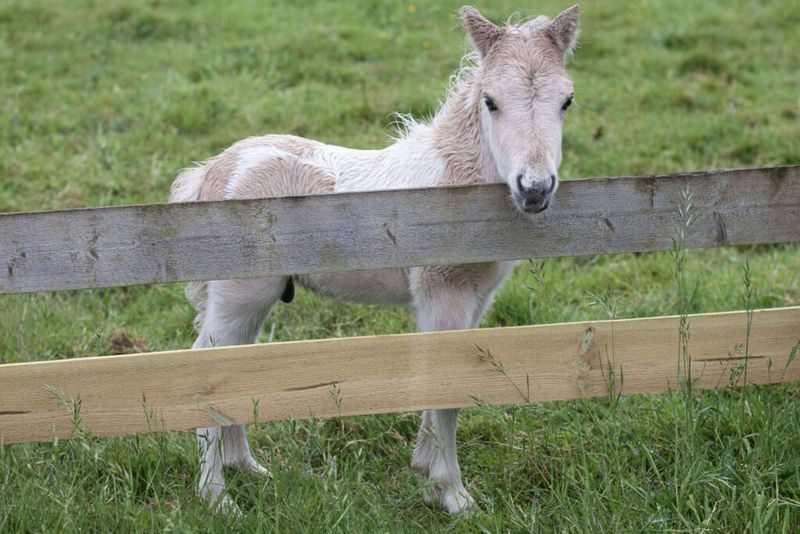
Got fences? Better check them twice! Miniature horses are notorious escape artists who can squeeze through gaps that would stop larger horses. Their small bodies can fit through openings as narrow as 4-6 inches. Many owners are shocked to discover their mini grazing in the neighbor’s garden after squeezing under a fence or pushing through a weak spot.
4. Surprisingly Strong For Their Size
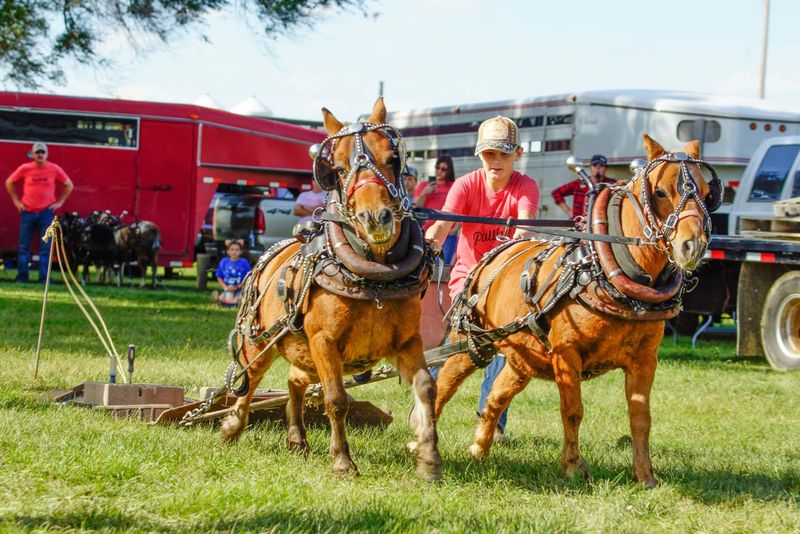
Pound for pound, miniature horses pack an impressive punch of strength. Their compact muscles can generate surprising force when they decide to pull against a lead rope or push through a gate.
Many new owners underestimate this power. A determined mini can drag an unprepared handler across a field or knock down inadequate barriers with ease.
5. They Live A LONG Time
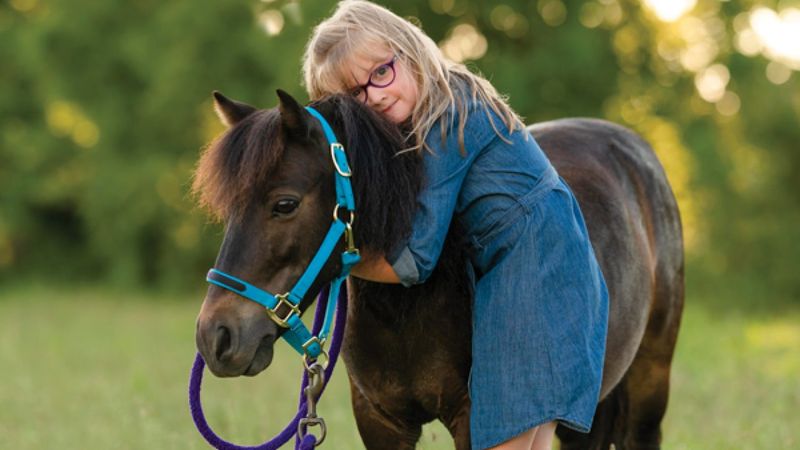
Planning for a decade of horse ownership? Think again! Miniature horses typically live 25-35 years, with some reaching their 40s.
This longevity means you’re signing up for a multi-decade commitment. While their extended lifespan offers years of companionship, it also requires long-term financial and care planning that many new owners don’t anticipate.
6. Not Suitable Riding Horses For Adults
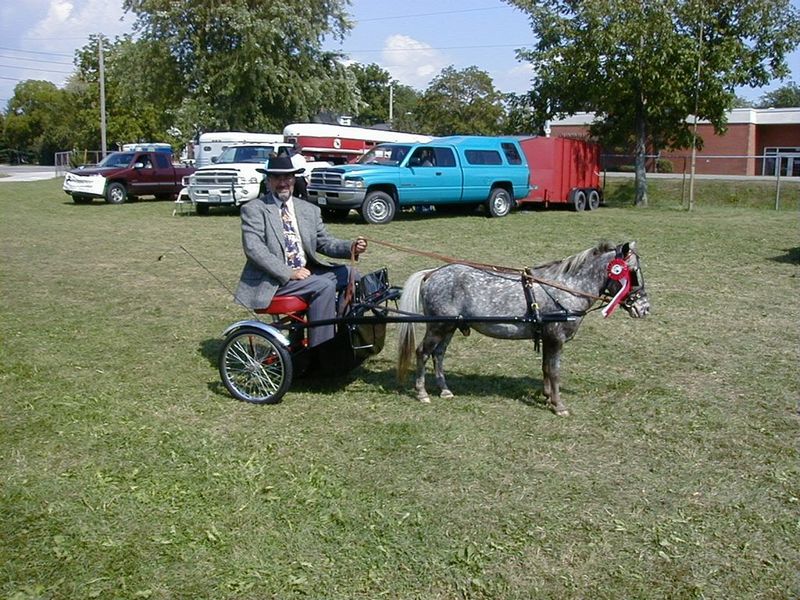
Fantasy-crushing fact: adults cannot ride miniature horses. Their small frames simply cannot support adult weight without risking serious spinal damage. Even children over 50-70 pounds are typically too heavy. Minis can pull carts proportional to their size, but riding is limited to very small children under supervision and only for short periods.
7. Masters Of Mischief
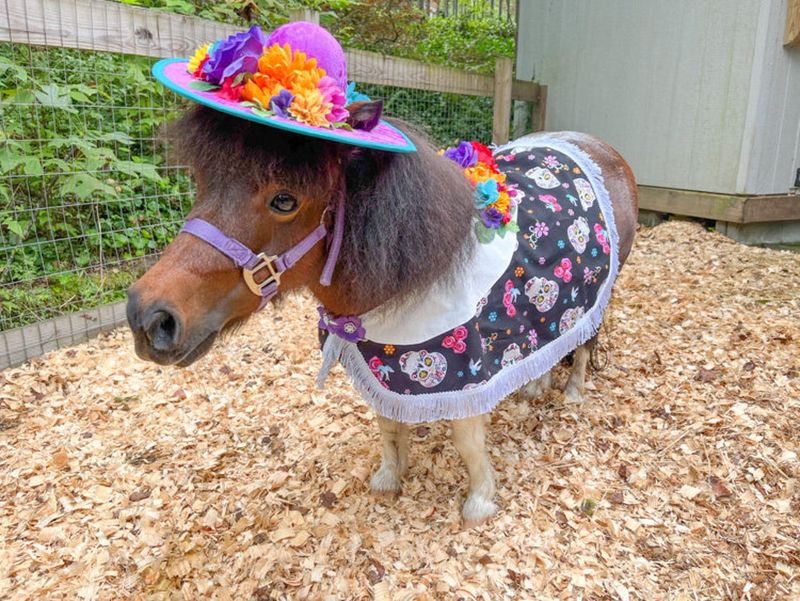
Boredom transforms these tiny equines into troublemakers extraordinaire! Their intelligence and curiosity lead to creative antics when they lack stimulation.
From unlatching gates to stealing tools, minis need mental engagement. One owner found her mini had learned to turn on the outdoor water spigot, creating a muddy playground for himself and a hefty water bill.
8. They Need Horse Friends
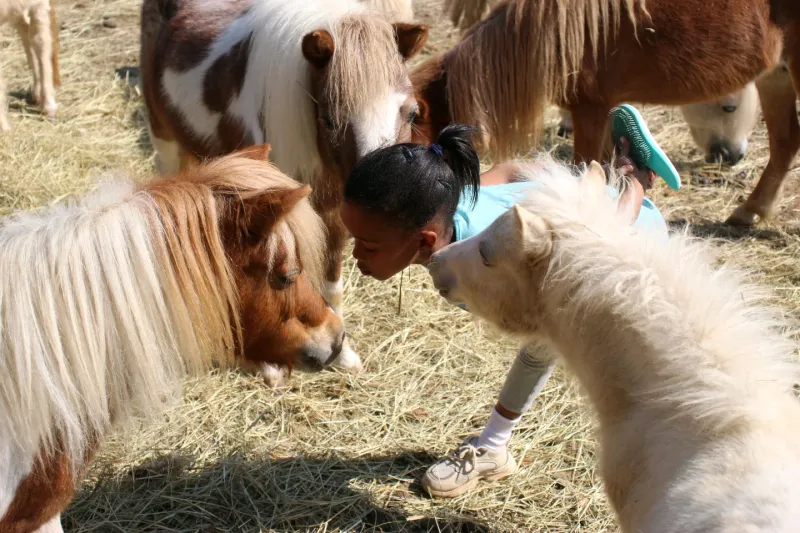
Despite their dog-like size, miniature horses aren’t substitute pets. They’re herd animals who become depressed and develop behavioral problems when kept alone. At minimum, your mini needs one equine companion. Some adapt to goats or donkeys as substitute friends, but another mini or pony provides the best social dynamic for their mental well-being.
9. Grazing Machines With Delicate Digestion
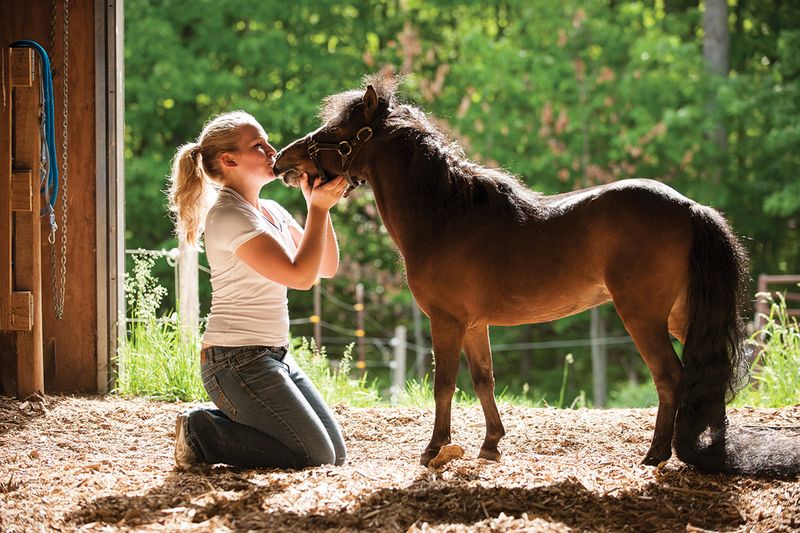
These tiny horses have enormous appetites! Their natural grazing instinct means they’ll eat constantly if allowed, leading to obesity and health problems.
Paradoxically, their digestive systems are extremely sensitive. Rich grass, too many treats, or sudden feed changes can trigger colic or founder – potentially fatal conditions that require immediate veterinary care.
10. Winter Coat Explosion
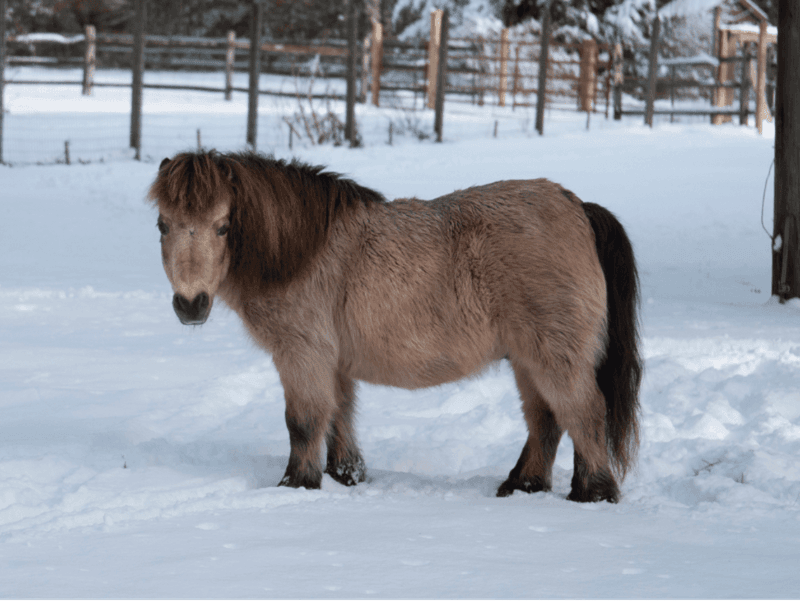
Prepare for the fluff apocalypse! Miniature horses grow winter coats that make them resemble woolly mammoths more than horses. This dense double-coat provides excellent insulation but creates grooming challenges. The spring shedding season produces enough hair to stuff several pillows, requiring daily brushing to prevent matting and skin issues.
11. Surprisingly Expensive To Feed
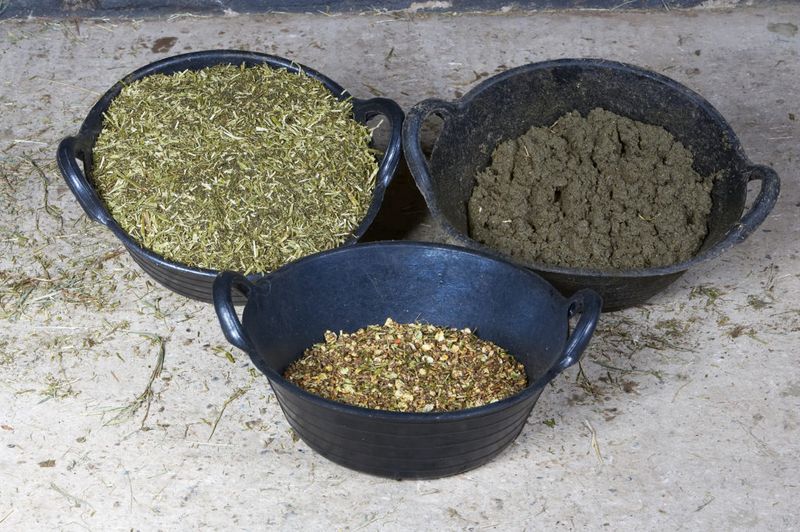
Smaller animal doesn’t mean smaller feed bill. Miniature horses require specially formulated feeds to provide proper nutrition without excess calories.
These specialized feeds cost more than regular horse feed. Additionally, minis need carefully portioned, high-quality hay to prevent obesity while meeting their nutritional needs, making their pound-for-pound feeding costs often higher than full-sized horses.
12. Training Is Non-Negotiable
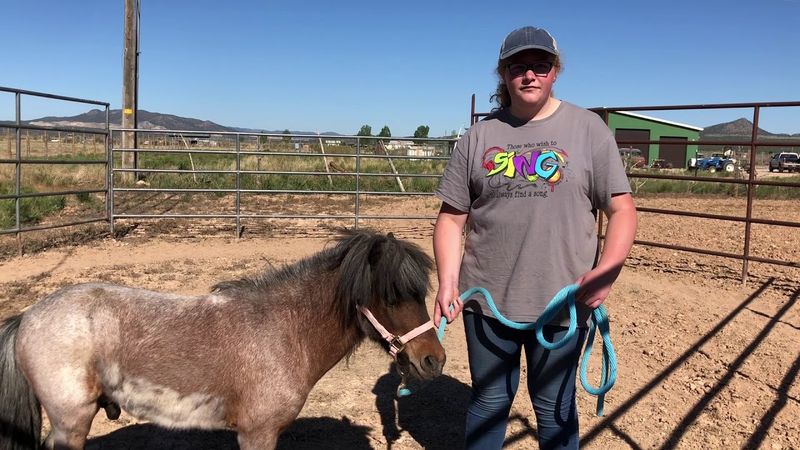
Cuteness doesn’t excuse bad behavior! Untrained miniature horses develop dangerous habits that are much harder to correct later. Their small size tempts owners to allow pushing, nipping, or barging behaviors that would never be tolerated in larger horses. Without consistent training, these “adorable” behaviors become safety hazards as the mini matures.
13. They’re Terrible Lawnmowers
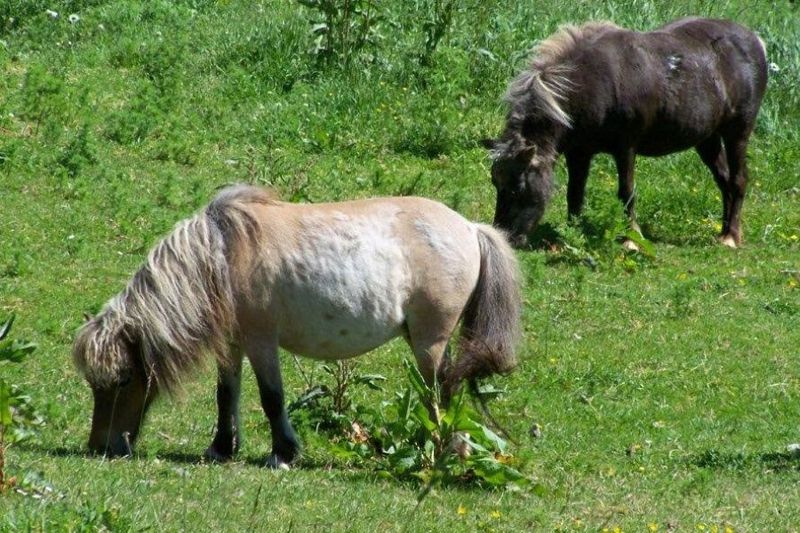
Forget the dream of your mini keeping your lawn perfectly trimmed. These selective grazers eat their favorite plants first while ignoring others, creating patchy, uneven grazing patterns.
They’ll also create distinct bathroom areas they refuse to graze near. Without rotation, their small hooves quickly compact soil and damage grass roots, turning pastures into muddy, weedy messes.
14. Specialized Tack And Equipment Costs
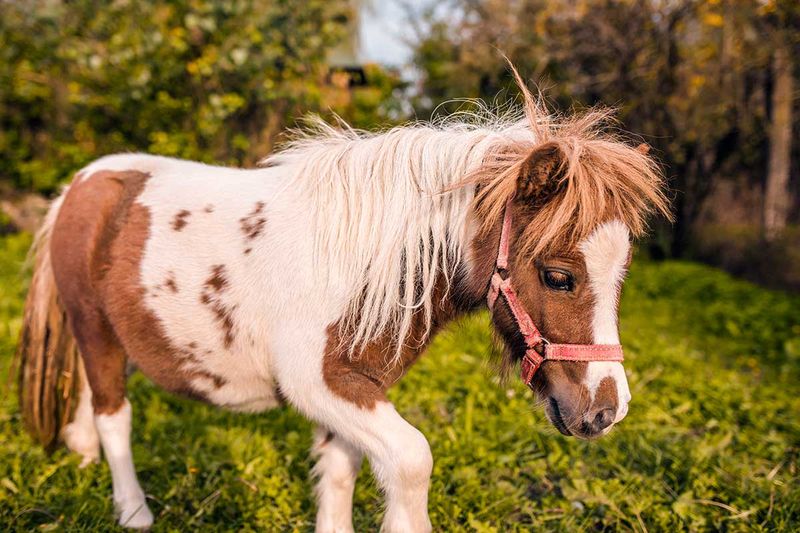
Regular horse equipment won’t fit these pint-sized equines. You’ll need specially sized halters, blankets, and grooming tools designed for minis. This specialized gear often costs nearly as much as full-sized equipment despite using less material. Finding qualified farriers experienced with mini hooves can also be challenging and expensive in some areas.

